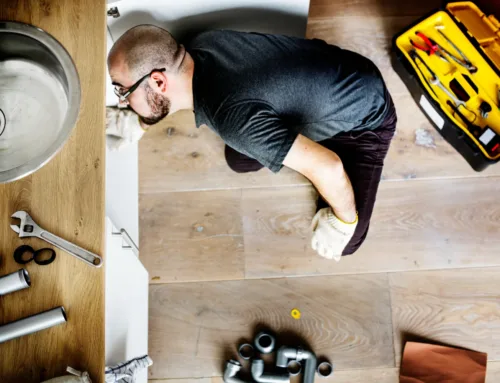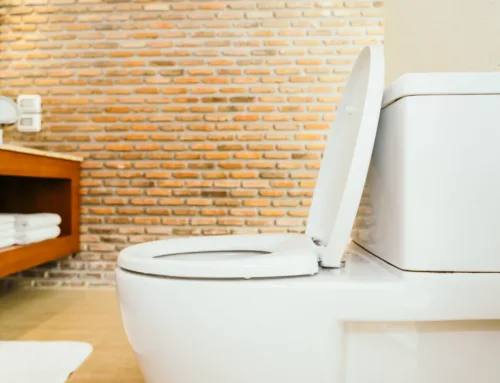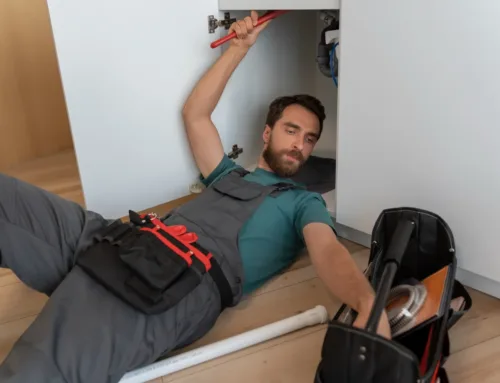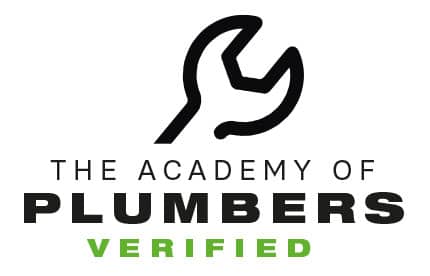A blocked drain outside can quickly become a frustrating and messy problem for any property owner in Holland Park. Whether caused by leaves, grease, tree roots, or poor drainage systems, outdoor blockages often start small and grow into larger, more expensive issues if left untreated.
Understanding how to prevent a blocked drain outside not only saves time and money but also helps maintain a clean, functional, and environmentally safe property.
This article explores why outdoor drains get blocked, preventive maintenance steps, and local factors in Holland Park that influence drainage performance.
Why Blocked Drains Outside Are Common in Holland Park
Holland Park, with its mix of mature trees, older homes, and established gardens, faces unique drainage challenges. The leafy environment means outdoor drains often collect natural debris such as leaves, twigs, and soil particles, especially after rainfall or storm events.
Several local factors contribute to outdoor drain blockages, including:
-
Tree Roots: The large trees common in Holland Park can extend roots into underground drainage systems in search of moisture.
-
Garden Waste: Soil, mulch, and organic materials washed into drains during gardening or heavy rain.
-
Aging Infrastructure: Older properties may still rely on clay or metal pipes that are more susceptible to cracks and intrusion.
-
Seasonal Rainfall: Intense summer storms often overwhelm outdoor drainage systems.
-
Improper Waste Disposal: Pouring oil, paint, or cleaning chemicals down outdoor drains contributes to buildup and corrosion.
Understanding these causes helps property owners take proactive steps to prevent a blocked drain outside before it starts.
Recognising Early Signs of a Blocked Drain Outside
Prevention begins with awareness. Recognising the early warning signs of a potential blockage allows timely maintenance before water pooling or flooding occurs.
Common indicators include:
-
Slow drainage in outdoor sinks or stormwater grates
-
Gurgling sounds from pipes
-
Persistent puddles near drains
-
Unpleasant smells near outdoor areas
-
Overflow from downpipes during rain
When these symptoms appear, it’s a clear signal that debris is starting to build up somewhere in the drainage line.
Routine Cleaning and Inspection Methods
Regular maintenance is one of the most effective ways to prevent a blocked drain outside in Holland Park. A consistent cleaning schedule ensures that leaves, dirt, and waste do not accumulate over time.
Here are practical maintenance methods:
1. Monthly Drain Clearing
Remove visible debris from outdoor grates and drain covers at least once a month. This step is particularly important during autumn when leaves are abundant.
2. Use a Drain Guard or Mesh Cover
Installing a mesh or grate filter prevents large debris such as twigs and stones from entering your outdoor drainage system.
3. Clean Gutters and Downpipes
Blocked gutters often cause overflow that directs dirty water into outdoor drains. Cleaning them regularly keeps the entire drainage network flowing smoothly.
4. Use a Drain Rod or Pressure Washer
If minor buildup occurs, drain rods or pressure washers can help clear the blockage before it becomes severe. Always use appropriate safety gear when handling outdoor drain cleaning tools.
5. Schedule Professional Inspections
While DIY cleaning helps, it’s also beneficial to have periodic professional inspections — especially for older homes with aged drainage systems. Professionals use CCTV cameras to check pipe conditions and detect any hidden issues like root intrusions or cracks.
Environmental and Seasonal Factors in Drain Blockages
In Holland Park, environmental changes throughout the year influence outdoor drainage systems.
-
Spring and Summer: Increased rainfall may lead to soil erosion, which can wash debris into stormwater drains.
-
Autumn: The most critical time for cleaning due to falling leaves and organic matter buildup.
-
Winter: Lower temperatures can cause oil and grease residues to harden, narrowing pipe flow.
Staying aware of seasonal shifts helps in planning maintenance around key times when blockages are most likely to develop.
Common Mistakes That Lead to Outdoor Blockages
Homeowners sometimes unknowingly contribute to drainage issues. Avoiding these common mistakes can significantly reduce the chance of a blocked drain outside:
-
Pouring Oils and Fats Outdoors: These substances cool and solidify, leading to hardened blockages.
-
Rinsing Garden Waste into Drains: Soil and mulch should never be swept into stormwater drains.
-
Ignoring Small Leaks: Tiny cracks or leaks may allow roots and dirt to enter the drainage system.
-
Using Harsh Chemicals Frequently: Excessive use of drain cleaners can damage pipes and reduce their lifespan.
-
Lack of Preventive Checks After Heavy Rain: Post-storm inspections can identify hidden debris buildup early.
Landscape Design and Drain Placement Considerations
Smart landscaping can also prevent outdoor drainage problems. When planning or maintaining your garden in Holland Park, consider:
-
Proper Grading: Ensure soil and paving slope away from buildings and toward the drainage point.
-
Permeable Surfaces: Use gravel or porous paving to reduce runoff pressure.
-
Root Barriers: Install these near large trees to prevent roots from invading pipes.
-
Rain Gardens or Drain Channels: These can naturally manage stormwater and filter debris before it reaches the main drain.
Well-planned outdoor layouts can go a long way in preventing future drainage issues.
Sustainable Practices for Long-Term Drain Health
Prevention isn’t just about clearing blockages; it’s about building habits that promote sustainable drainage health. Consider:
-
Composting garden waste instead of washing it away
-
Using biodegradable soaps for outdoor cleaning
-
Collecting rainwater for reuse rather than overloading storm drains
-
Scheduling annual drain assessments
For more detailed insights into sustainable water management, you can refer to the Queensland Government’s guide on waterwise practices — a high-authority source offering practical advice on maintaining effective drainage and reducing blockages.
How to React If an Outdoor Drain Becomes Blocked
Even with careful prevention, outdoor drains can still occasionally block due to heavy rainfall or unexpected debris buildup.
Here’s what to do:
-
Locate the Blockage: Identify whether it’s surface-level or deeper in the system.
-
Remove Surface Debris: Clear leaves, soil, and rubbish using gloves or a trowel.
-
Use Drain Rods: Rotate rods gently to dislodge any deeper buildup.
-
Flush with Water: Use a hose or bucket of water to check flow restoration.
-
Inspect After Clearing: Ensure the blockage hasn’t reoccurred within a few days.
If these steps don’t work, further inspection using CCTV may be necessary to detect hidden structural issues.
Preventive Checklist for Holland Park Homeowners
-
Clean outdoor drains monthly
-
Install drain covers or filters
-
Keep surrounding areas leaf-free
-
Maintain gutters and downpipes
-
Avoid pouring oils or chemicals outside
-
Monitor drainage performance after storms
-
Schedule yearly professional inspection
Regular attention to these tasks ensures long-term protection against a blocked drain outside and helps maintain the integrity of your home’s drainage network.
Maintaining Outdoor Drain Health Year-Round
Preventing a blocked drain outside in Holland Park is all about consistency — regular cleaning, smart landscaping, and seasonal awareness. Small, routine actions make a big difference in protecting your drainage system from major blockages.
By applying these preventive methods, homeowners can ensure a smooth, efficient, and environmentally friendly drainage system year-round.
Frequently Asked Questions (FAQs)
-
What causes a blocked drain outside the house?
Common causes include leaves, dirt, grease buildup, and tree roots entering underground pipes.
-
How often should outdoor drains be cleaned?
Ideally once a month, and more frequently during autumn or after heavy rain in Holland Park.
-
Can I use chemical cleaners on outdoor drains?
It’s better to avoid harsh chemicals, as they can corrode pipes and harm the environment. Use mechanical cleaning or eco-friendly options instead.










